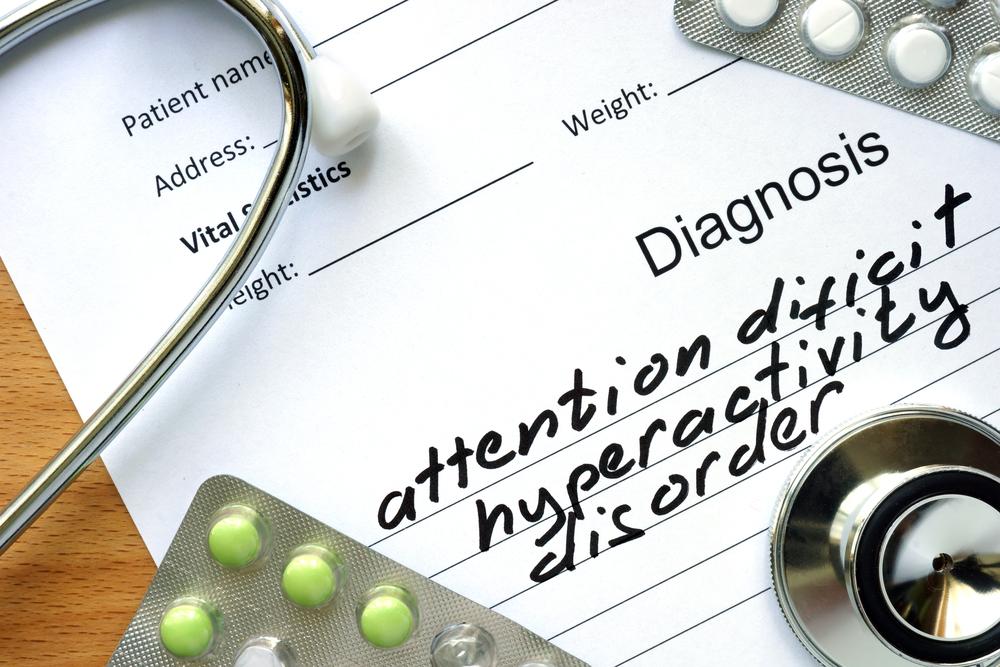ADHD – Risk Factors, Symptoms, and Treatments
Attention-deficit hyperactivity disorder (ADHD) is a type of behavioral disorder that is classified by behavioral changes or patterns of inattention or hyperactivity. It can affect both children and adults alike. However, in the cases of adults with ADHD, the symptoms could emerge as a person ages. Children and adults with ADHD could find it difficult to perform certain tasks or pay attention at school or work; these behaviors could affect their quality of life as well.

Researchers have been unable to determine the exact cause of this condition. There are two types of criteria used for diagnosing the symptoms of ADHD, DSM-IV and ICD-10. It has, however, been found that males are more likely to be diagnosed with ADHD than females.
The treatment methods could differ as per the country. However, the commonly prescribed treatment options include therapies, medications, and consulting certain specialists in order to cope with the symptoms in order to enhance the sufferer’s quality of life.
Risk factors of ADHD
- It has been found that the most important risk factor of ADHD is heredity. If any of the family members have this condition or any other mental disorders, it could increase the risk of the child or teen for developing ADHD.
- Pregnant women who smoke and drink alcohol during their pregnancy put the child at risk for developing ADHD.
- Premature babies or the babies who were born with a low weight also suffer from this condition.
- Brain injuries could also be a risk factor for causing ADHD. Due to damage to the frontal lobe, people could suffer from ADHD-like symptoms as well.
- Constant exposure to environmental poisons or toxins, such as lead, could also be a risk factor for causing ADHD.
Symptoms of ADHD
There are certain distinctive symptoms that could indicate that the person could be suffering from ADHD. The symptoms can be divided into changes that are noticed in their behavior, cognitive abilities, or their moods. The individual could experience mood swings as well. Some of the changes that could be noted in a person include the following:
- Cognitive changes: Difficulty in focusing on tasks, absent-mindedness, forgetfulness, difficulty in paying attention, or having a short attention span
- Mood changes: Anger, boredom, anxiety, excitement
- Behavioral changes: Hyperactivity, impulsivity, irritability, persistent repetition or words or actions, aggression, excitability, lack or restraint, and so on.
Treatment options for ADHD
There are certain treatment procedures that could help manage the symptoms of ADHD, including counseling, medication, behavioral therapy, parent training, skills training, and educational support. Based on the risk factor of the illness, the doctor will prescribe the treatment procedure.
The different types of therapies include support groups, cognitive behavioral therapy, intervention, family therapy, behavioral analysis, and even anger management. These therapies are aimed at enhancing the quality of life of the individual with ADHD. Doctors could also recommend certain medications such as stimulants and other types of medications as well; these medications are aimed at enhancing blood pressure, appetite and so on. An individual would also be recommended to visit certain specialists such as psychologists, psychiatrists, or even a pediatrician.
The main focus of the treatment options for ADHD includes enhancing the person’s quality of life. With proper medication along with behavioral therapy, it has been observed that in most of the cases, the individual recovers from the condition and starts living a normal life. Therefore, it is of utmost importance that children, teens, or adults, if they experience any of the symptoms of ADHD, should consult a doctor at the earliest so as to get a proper and timely diagnosis and effective treatment.




